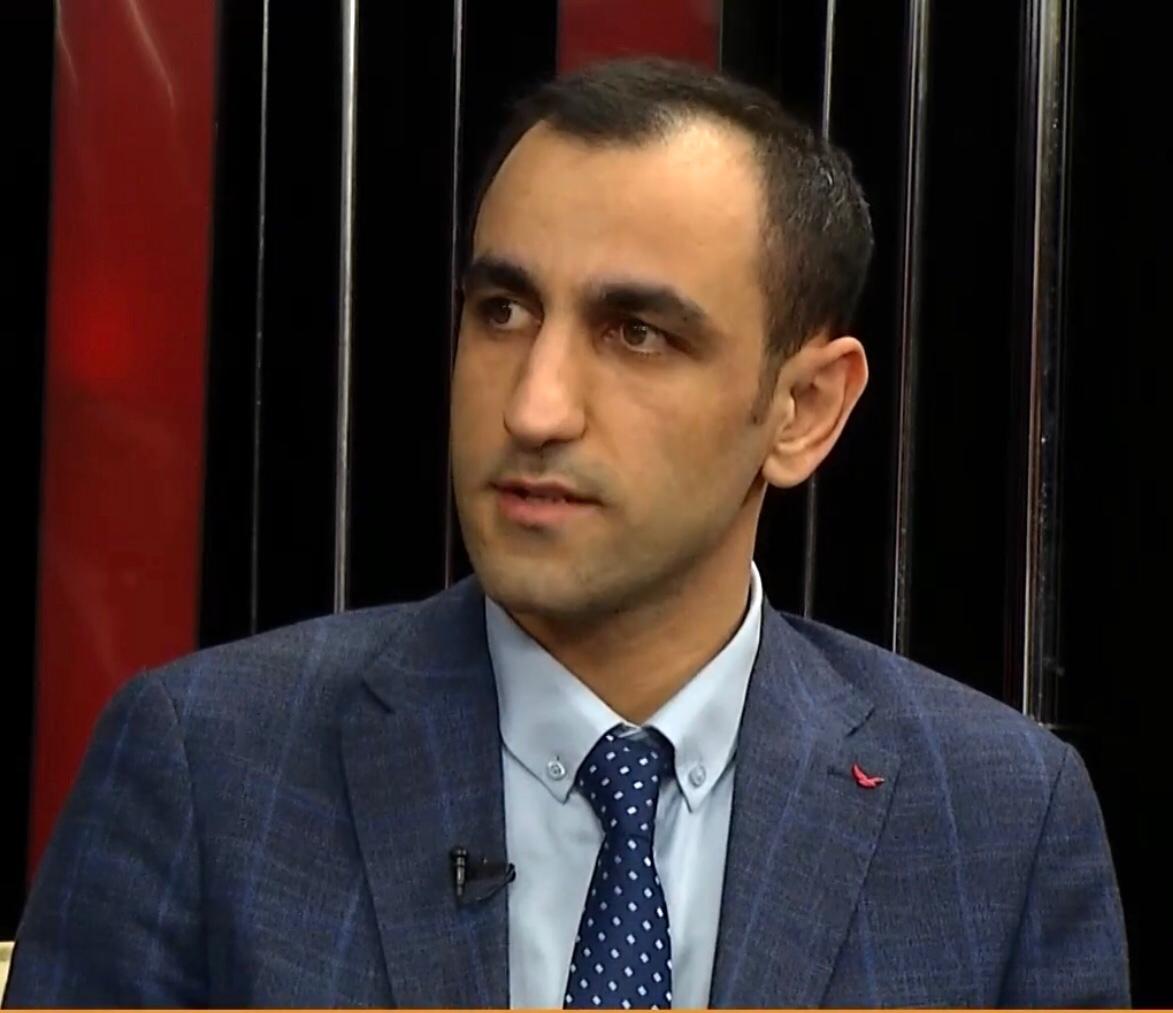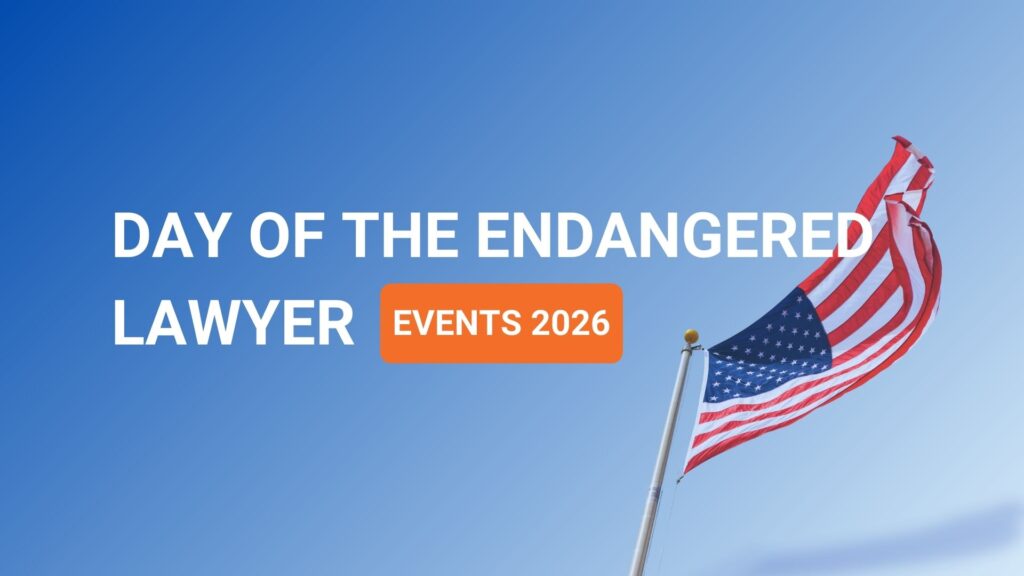The COVID-19 crisis poses huge challenges to human rights and the rule of law. The pandemic also affects lawyers all around the world in their daily professional activities, which causes a great impact on the legal profession. Lawyers for Lawyers has created a COVID-19 series to provide insight into the effect of the COVID-19 crisis on lawyers all around the world.
The third article in this COVID-19 series covers the insights shared with Lawyers for Lawyers by Emin Abbasov, who works as an independent lawyer in Baku, Azerbaijan. The main themes he focuses on are: freedom of association, fair trial, property and housing, non-discrimination cases, and wider access to justice issues.
“Azerbaijan’s official and bold response to covid-19 outbreak started 27 February 2020, when the Cabinet of the Ministers established a “Operational Headquarter under the Cabinet of Ministers of the Republic of Azerbaijan”. Since the beginning of March, Azerbaijan started to take several preventive measures, including cancelling public gatherings and public events and imposed other restrictions such as suspension of schools, universities, and local and international travel. On 31 March, Azerbaijan declared nationwide quarantine.
Generally, I can emphasize that restrictions heavily impact different groups (vulnerable groups: Romans, people living below poverty line, people with disabilities, students, potential victims of domestic violence, prisoners and etc.) of the population and different professions, including lawyers.
Starting from 19 March 2020 the Plenum of the Supreme Court of the Republic of Azerbaijan issued a resolution (No. 05) “On measures to be taken in courts to prevent the spread of coronavirus (COVID-19) infection in the Republic of Azerbaijan.” The Resolution suspended many categories of cases, including meeting with the citizens. Similar restrictive measures were in force until 20 April and then it was extended until May 18. Visits to prisons have also been suspended since March.
The serious problem lawyers face is the uncertainty of the laws and regulations imposed by the government without any constitutional grounds. For instance, the decisions No.35s in regard to Action Plan dated on 30 January 2020 and the decision on the Rules for quarantine-organization No. 73-1 of the Cabinet of Ministers dated February 28 2020 still cannot be found on the website of the Cabinet of Ministers of the Republic of Azerbaijan or at any other official publications. However, Constitution requires that the decisions of the Cabinet of Ministers of the Republic of Azerbaijan must be officially published. This also relates to the “quality of the law” which implies that where a national law authorises deprivation of liberty it must be sufficiently accessible, precise and foreseeable in its application.
Furthermore, such uncertain and unconstitutionally imposed rules are backed with the excessive use of force and administrative sanctions by police. This has chilling effects on the people to challenge the rules and restrictions in place. In addition, the lack of independent lawyers and independent Bar Associations in Azerbaijan causes a lack of representation of arrested or fined citizens in domestic and international courts.
On June 11, 2020 the Presidium of the Azerbaijan Bar Association issued a warning to lawyer Javad Javadov for posting an interview of his client about allegations of torture and ill-treatment during arrest and police custody. The lawyer defended a citizen who was arrested during a mass arrest of citizens on June 7 2020 through the inadequately planned police operation and excessive use of force causing to harsh criticism at the national and international level.
The Azerbaijan Bar Association accused the lawyer for “forming wrong opinion in the public.” In 2017, the Bar Association also disbarred another well-known human rights lawyer, Yalcin Imanov for giving an interview about torture allegations in regard to his client in prison. The Azerbaijan Bar Association is notorious for punishing independent lawyers and always abuse restrictive disciplinary proceedings against independent lawyers (a few independent lawyers have already left the Bar).
Furthermore, imposed restrictive sanctions are often not only disproportionate and inadequate, but also out of parliamentary and civil society’s control, and any potential critical views receive furious reactions from the state. Therefore, it is critically important that independent lawyers and Bar Associations take the lead in this process and engage in activities to challenge the inadequate restrictions or its negative impacts to rights and freedoms. In this process, without independent lawyers, it would be impossible to challenge the decisions that disproportionately affect individuals. In other words, lawyers’ active involvement in the protection of rights and freedom of individuals is one of the key factors for ensuring the respect for the rule of law which is necessary for legitimate work against covid-19 pandemic.”
Disclaimer: The views expressed in this interview are those of the interviewee and do not necessarily reflect those of Lawyers for Lawyers.



